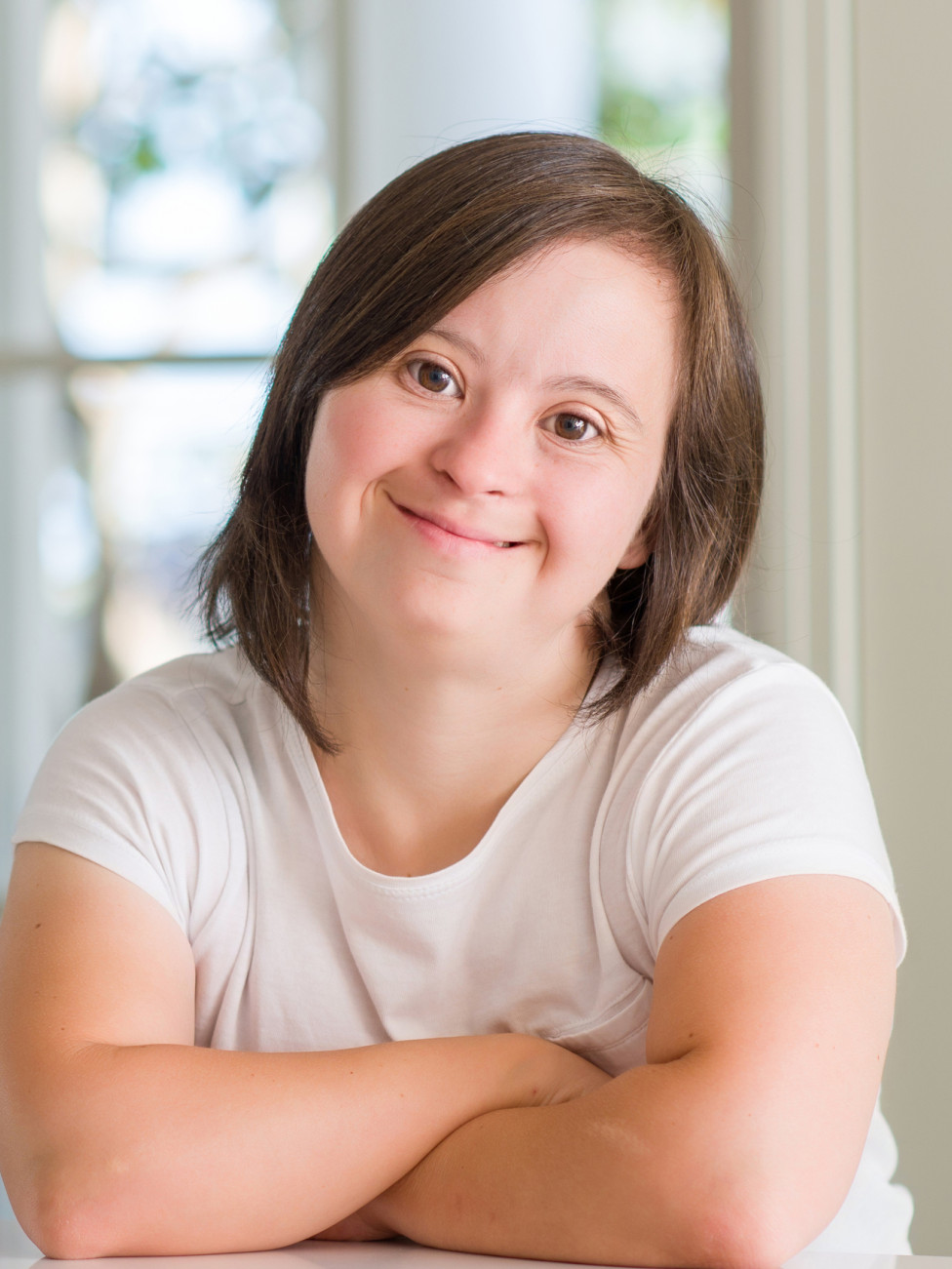The Difference Between ‘Palliative Care’ and ‘End-of-Life Care’
24 March, 2024
The last season of a loved one's life is precious - and personal.
Choosing the ‘right' support can feel overwhelming, but deciding on your care can bring peace of mind in a tumultuous time.
In this guide, we'll explain the difference between palliative and end-of-life care, how end of life care works, and how it could help you and your family.

Palliative Care
When you are facing a serious illness, you may require palliative care. Palliative care is specialised support for people with serious illnesses. While palliative care can ultimately involve end-of-life care, they are not the same thing.
Many people receive palliative care services while simultaneously undergoing active treatments for advanced disease. It's important to realise that accepting palliative care does not mean that you and your loved ones are giving up hope.
Palliative care includes 5 separate stages. And, while palliative care can include end-of-life care, the main difference is that palliative care can be used at any point along the treatment process.
What Does Palliative Care Focus On?
Palliative care focuses on providing patients with relief from the symptoms, pain, and stress of a serious illness, regardless of the disease's stage or prognosis. Palliative care aims to improve the quality of life for both the patient and their family and seeks to address physical, emotional, spiritual, and social needs.
The Palliative Care Team
The palliative care team, comprising specialised healthcare professionals, works collaboratively to manage symptoms and improve quality of life. Palliative care can be provided alongside curative or life-prolonging treatments, emphasising the patient's comfort and overall well-being throughout the course of illness.
Often this care is provided by specialist palliative care services that are well trained in the specific requirements of palliative care.
Everyone Is Different
Every individual is different, and the time spent in palliative care differs from person to person, depending on their illness and their needs. Some spend years receiving palliative care for a prolonged illness, others might only require palliative care in the months, weeks, or days before they pass away.
What is End-of-Life Care?
As the name suggests, end-of-life care is treatment and support for people who have a terminal illness and are approaching the end of their lives.
This is an incredibly important part of palliative care. Its primary goal is to help people live as comfortably as possible as their terminal illness progresses - and to die with dignity.
More often than not, end-of-life palliative care focuses on:
managing physical symptoms, so the individual can live as comfortably as possible,
providing emotional support for the individual, along with their friends, family and carers,
and creating a personalised care plan, where individuals can express their wishes about how they want to receive care and where they want to die.
Every individual has the right to express their wishes – and change their mind – so palliative care plans are regularly reviewed with the individual as their situation evolves.
What is End-of-Life Care?
As the name suggests, end-of-life care is treatment and support for people who are approaching the end of their lives.
This is an incredibly important part of palliative care. Its primary goal is to help people live as comfortably as possible as their illness progresses - and to die with dignity.
More often than not, end-of-life care focuses on:
managing physical symptoms, so the individual can live as comfortably as possible,
providing emotional support for the individual, along with their friends, family and carers,
and creating a personalised care plan, where individuals can express their wishes about how they want to receive care and where they want to die.
Every individual has the right to express their wishes – and change their mind – so care plans are regularly reviewed with the individual as their situation evolves.
The Challenges of Life Limiting Illness
Families and carers of individuals with life-limiting illness face substantial psychological challenges, including emotional strain from watching a loved one suffer, the stress of providing constant palliative care, and the anticipatory grief due to life limiting illnesses.
This intense caregiving role can lead to feelings of isolation, anxiety, and depression, compounded by the difficulty of balancing personal, professional, and caregiving responsibilities. Carers often struggle with the guilt of feeling inadequate or overwhelmed by their caregiving duties, alongside the challenge of maintaining their own physical and mental health.
The cumulative effect of these factors can significantly impact a carer's psychological well-being, emphasising the need for professional palliative care from health professionals to provide practical and emotional support to help caregivers manage these challenges and sustain their own health and resilience.
Who Receives End-of-Life Care?
End-of-life care is given to people with life limiting illness as they approach the end of their life.
Generally speaking, a person is considered to be in this category if they're likely to die within the next 12 months. However, it's not always possible to predict when someone will die, and this care would be administered if death is thought to be imminent.
Who Delivers End-of-Life Care?
To make sure you get personalised care, your end-of-life palliative care will be delivered by a co-ordinated team of clinicians – led by your GP.
Wherever possible, your team will deliver your care in the setting of your choosing – whether at home, in hospital, in a hospice or residential aged care facility. They'll work closely with you, your family and friends and your carers to make sure you are fully supported throughout this stage.
If you or a loved one are thinking about palliative or end-of-life care, it's important to think about what you want.

Difference Between End of Life Care and Palliative Care - Australia vs The Rest of the World
Australia is recognised for its well-developed, accessible, and integrated palliative care services, which are considered among the best globally. Australia generally emphasises a community-based approach to palliative care, promoting palliative care in the home in addition to traditional hospital and hospice settings. This contrasts with some regions where palliative care may be more hospital-centric or less accessible due to resource constraints or differing healthcare policies.
Australia's Multicultural Society
In addition, Australia's multicultural society influences its palliative care practices, necessitating culturally sensitive palliative care that respects the diverse backgrounds and wishes of patients.
Challenges Facing Palliative Care in Australia
Despite these strengths, like many countries, Australia faces challenges in meeting the growing demand for palliative care services, ensuring equitable access to palliative care across urban and rural areas, and integrating palliative care principles early in the course of life-limiting illnesses
The Role of My Aged Care in Palliative Care and End of Life Care
In addition, the Government funded My Aged Care program plays a significant role in Australia by acting as the primary entry point to the country's aged care system. It provides funding for aged care services for older Australians and those who require palliative care and end of life care often access this through My Aged Care. My Aged Care funding requires individuals to be assessed through a standardised process, determining eligibility for services, and referring users to appropriate providers such as Focus Care.
When you're ready, we're here to help.
Our experienced team of health professionals are happy to talk about your aged care or palliative care needs and share information to support your choices.
Between in-home aged care, to private home nursing, disability support and more, our private services include an initial, no-obligation consultation, where we get to know you and your individual care needs.
All our nurses at Focus Care are AHPRA registered and adhere to strict standards and policies to provide the highest quality practical and emotional support.
Reach out today to find out more – and get support for the journey.




